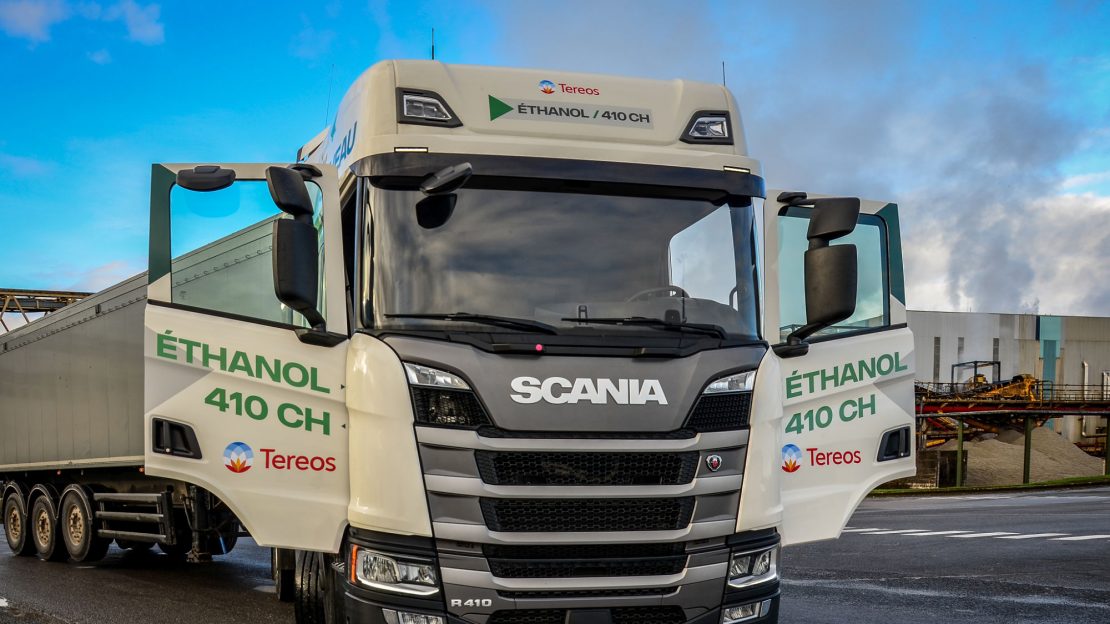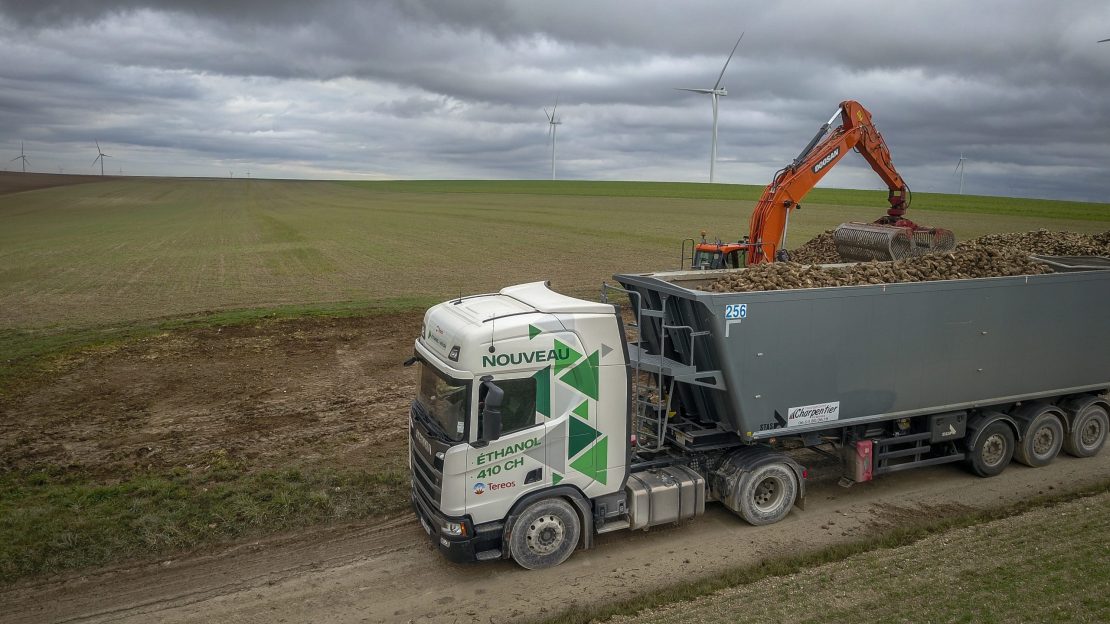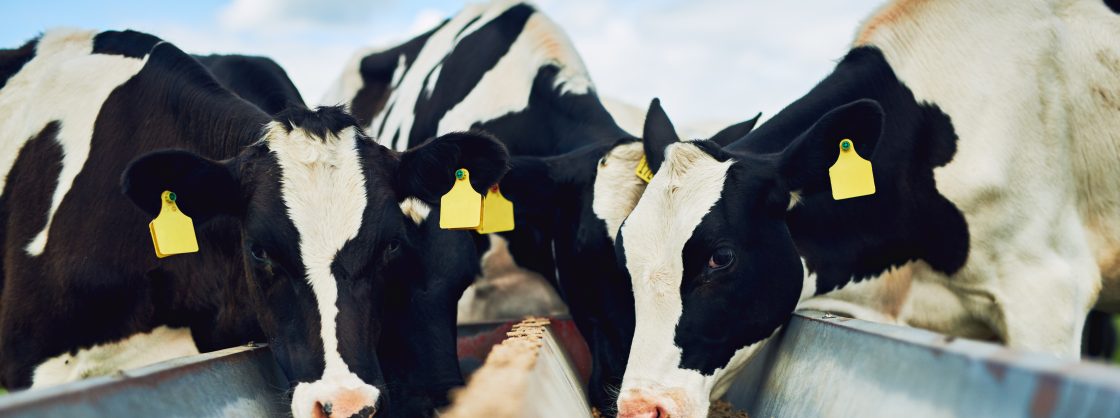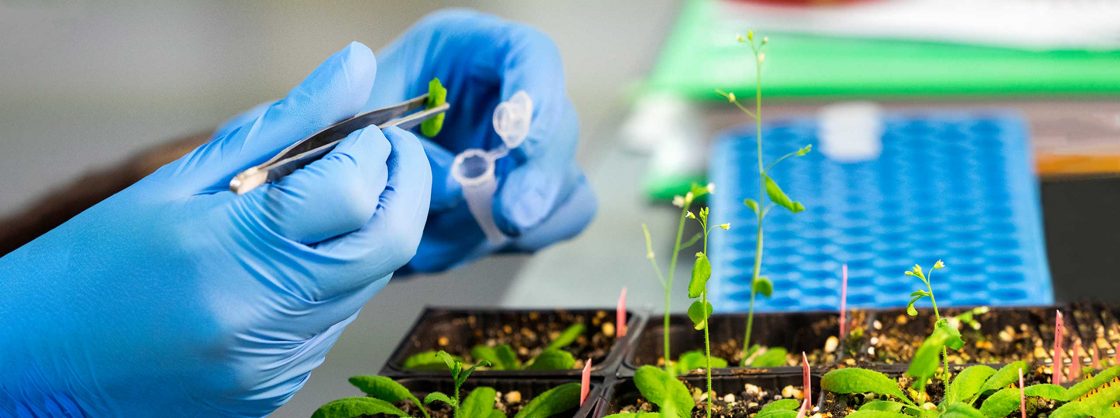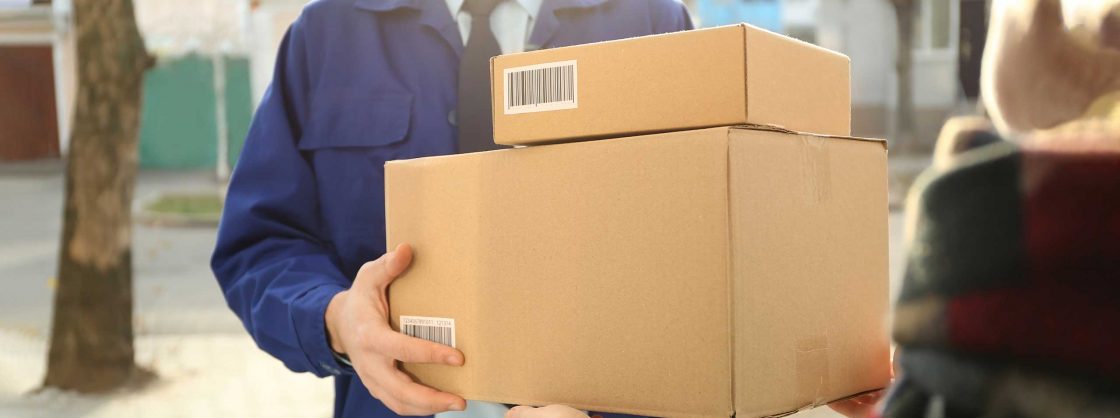Market
Energy
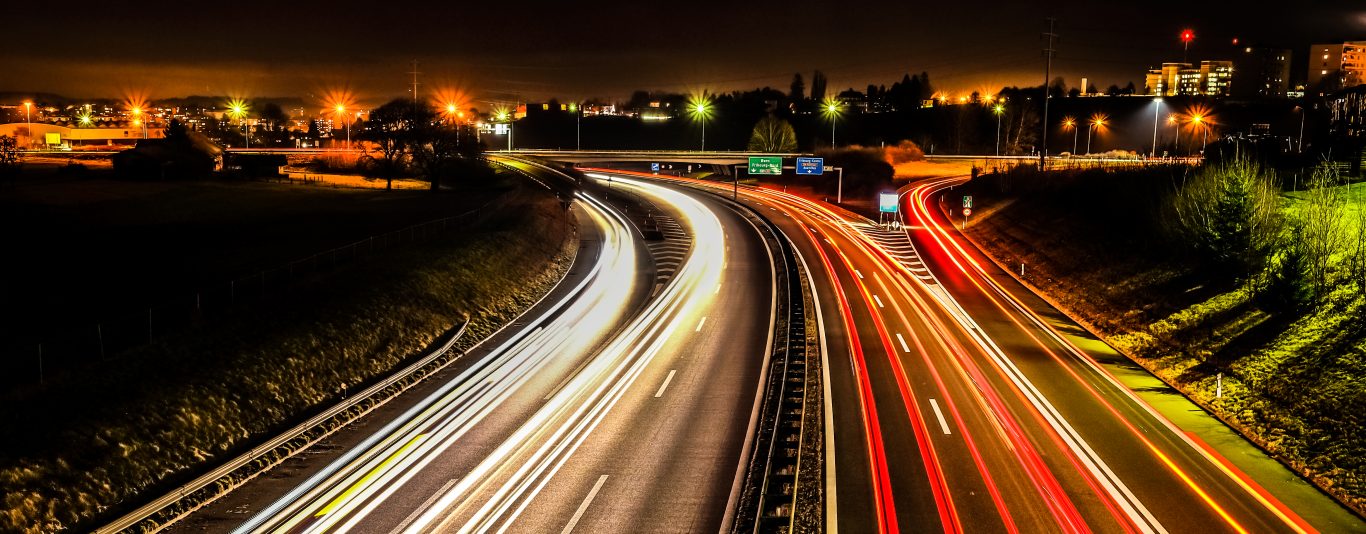
Tereos process all of its agricultural raw materials, using the residues to transform into green energies, such as bioethanol and bagasse. To create a sustainable industrial model, Tereos puts the circular economy at the heart of its actions and reduces the consumption of energy needed for processing the raw materials.
Bioethanol
A renewable product, bioethanol is manufactured from cereals and sugar beet in Europe, and from sugar cane in Brazil. Bioethanol shares an identical chemical formula with alcohol, but has a different manufacturing process and areas of use. It is the only liquid fuel currently available as a partial substitute for petrol. Bioethanol emits 60% less greenhouse gases than petrol and generates twice as much energy as that needed to produce it.
Bagasse
A fibrous residue resulting from the crushing of sugar cane, bagasse is also a rich source of energy. When burned in a boiler, it provides steam and electricity (a cogeneration process). The energy generated from bagasse considerably exceeds the needs of the production plant, which means it is possible to sell electricity to the power grid. During the campaign in Reunion Island, Tereos supplies bagasse to the island’s two largest thermal power plants, which are situated close to its facilities. This prevents 145,000 tonnes of coal from being imported.
